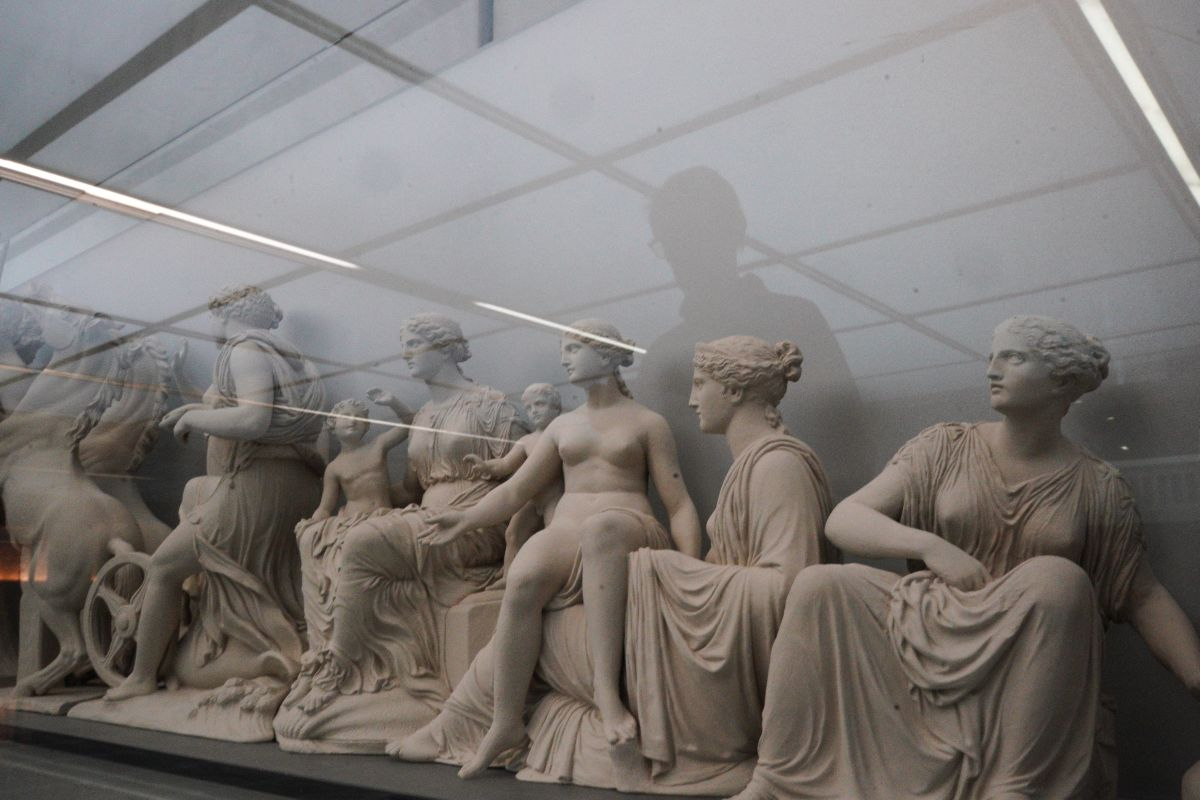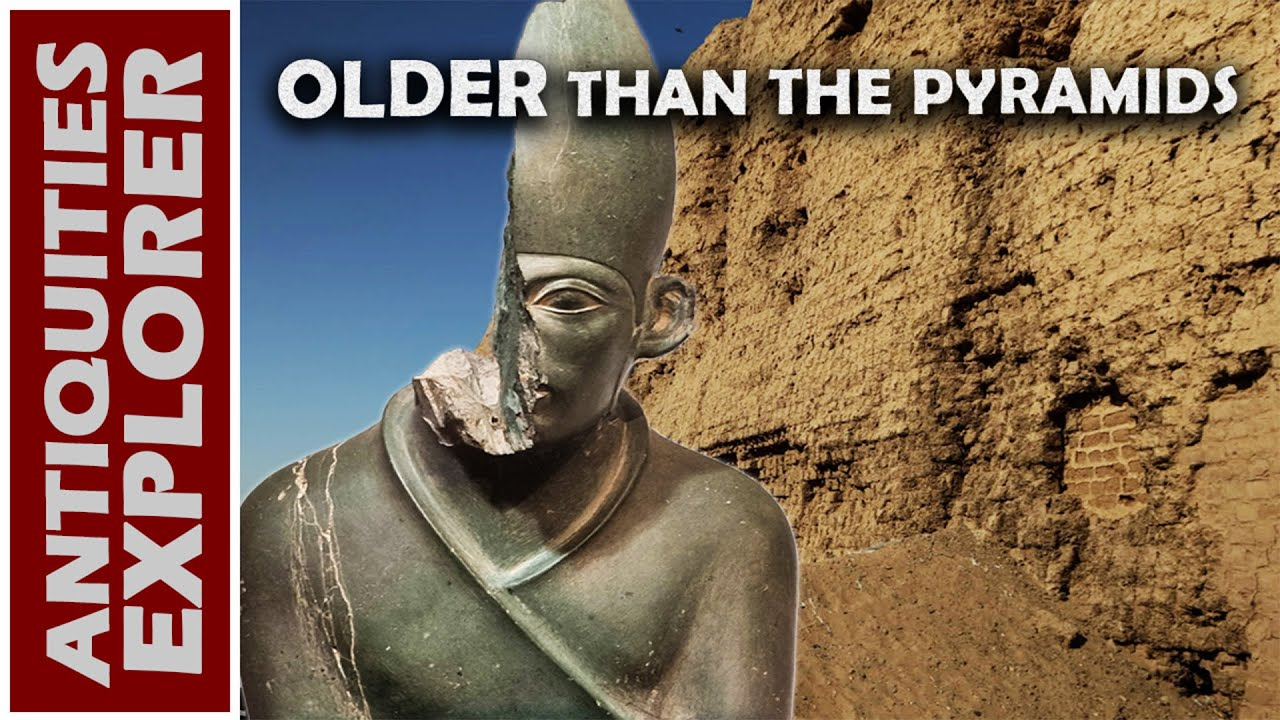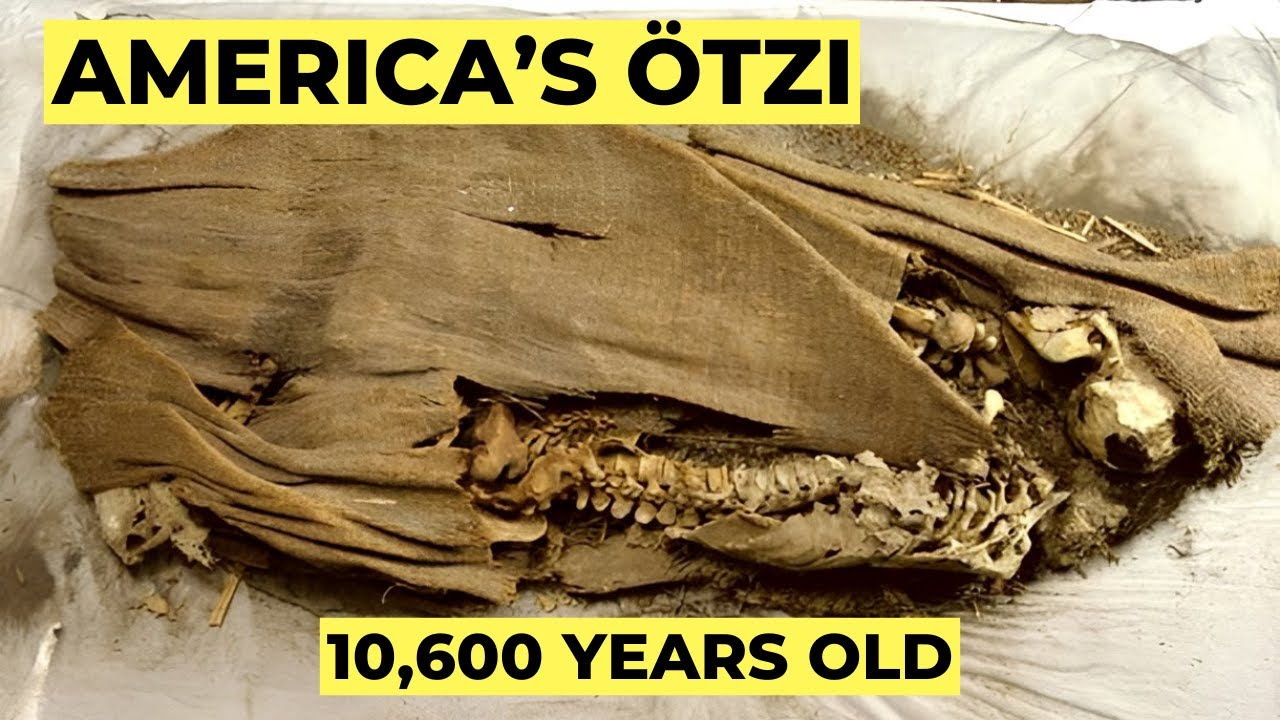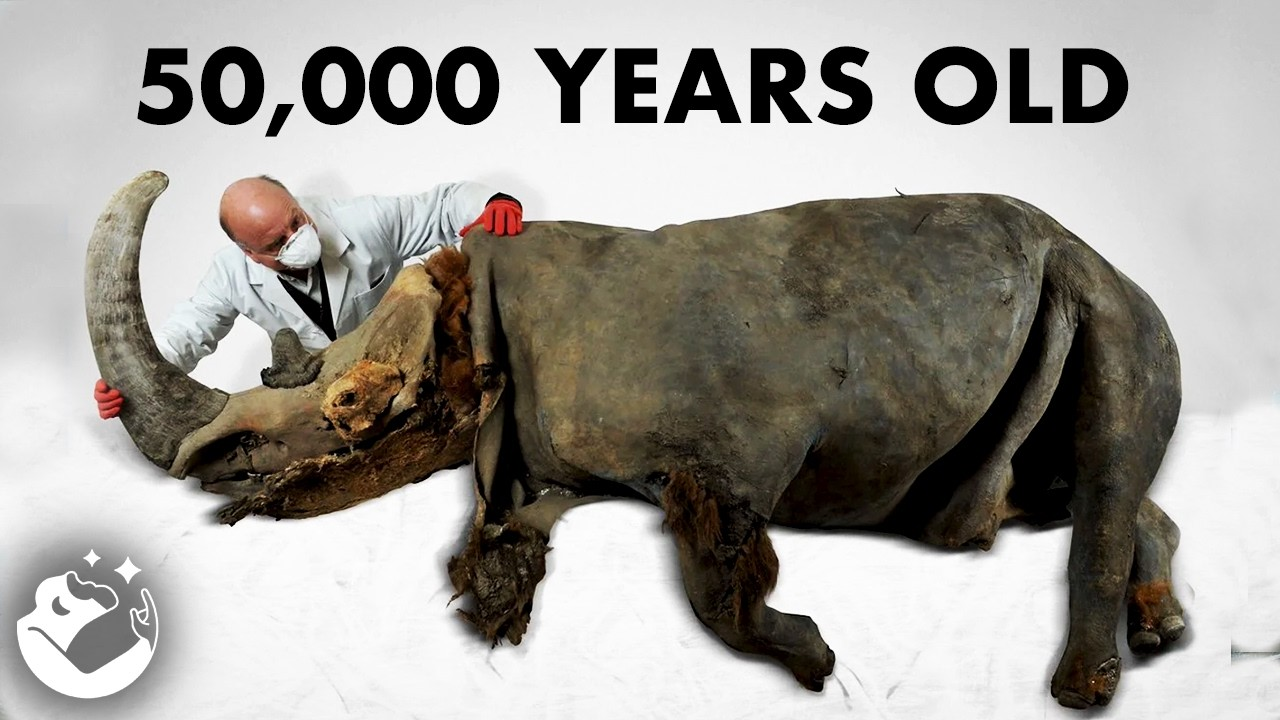Recent statements and decisions surrounding the Parthenon Sculptures have sparked strong reactions, as it becomes clear that a permanent return to Greece is not currently being planned. From comments by the British Museum’s director to the appointment of key trustees, the message seems consistent: the sculptures will remain in London, with only a so-called “loan” arrangement under discussion.
The British Committee for the Reunification of the Parthenon Marbles has called the plan to lend the sculptures “a diplomatic blunder.” Following the imminent renovation of the British Museum, the marbles are set to be placed in a prominent new location within the museum—yet not returned to Greece. In a letter published on May 13th in The Times Magazine, the committee responded directly to British Museum Director Nicholas Cullinan. Cullinan had recently stated in the same paper that the museum has no intention to return the marbles to Athens but is pursuing “an innovative partnership with Greece” that would involve mutual loans of artifacts.
In their letter, the committee reiterated their demand for the sculptures’ reunification. They proposed that once the British Museum’s renovation is complete, instead of the marbles, “magnificent objects that have never before been seen in Britain, promised on loan by Greece” should be displayed, symbolizing goodwill and cooperation.
“Now Is Not the Time to Damage Our Friendship With Greece”
The letter concluded with a reminder of the strong ties between the UK and Greece:
“Greece remains one of our closest allies, and this is certainly not the time to jeopardize that friendship.”
The statement was co-signed by the Committee’s president and renowned Shakespearean actress Dame Janet Suzman, vice-president and former Cambridge professor of Greek culture Paul Cartledge, and celebrated British Philhellene author Victoria Hislop.
The British Museum Director’s Argument
Despite the backlash, the British Museum remains firm. Director Cullinan has declared that not only will the Parthenon Sculptures stay in London, but so will the Benin bronzes—looted by the British in 1897—contrasting with countries like Germany and the Netherlands, which have returned significant portions of these artifacts to Nigeria. Cullinan’s justification? He does not want “to dismantle a collection that took three centuries to build.”
“Repatriation, Not a Loan”
International relations expert Dr. Katerina Titi told To Vima:
“The plans to loan the Marbles are deeply disappointing. I hope Greece rejects such an offer. The Greek government currently stresses the need for reunification based on archaeological and aesthetic grounds but avoids pushing for permanent repatriation. While reunification could theoretically happen through a loan, what we should really demand is a permanent, unconditional repatriation—without humiliating conditions.”
Dr. Titi also highlighted the stance of the International Association for the Reunification of the Parthenon Sculptures (IARPS), which sent a letter on March 31 to British Museum Chair George Osborne urging the sculptures’ return during the museum’s renovation. “So far, neither the museum nor Keir Starmer’s government has shown willingness to return them,” she added. “Recently, a museum trustee, Mary Beard, provocatively said she wants the Marbles not only to remain in London but also to tour worldwide.”
London’s Unyielding Position
Dr. Titi points to the appointment of Dr. Tiffany Jenkins in March as one of five new British Museum trustees as indicative of London’s hard line. Jenkins, described as a “writer and academic” by the UK government, authored a 2016 book titled Keeping Their Marbles: How the Treasures of the Past Ended Up in Museums and Why They Should Stay There. She has written extensively defending Western museums’ retention of artifacts acquired through questionable means.
“The British Museum: The World’s Biggest Looted Treasure Chest?”
“Dr. Jenkins is well-known for her staunch opposition to repatriation. Her appointment aligns perfectly with Keir Starmer’s announcement that he has no plans to legislate for the Marbles’ return, claiming it is solely the museum’s decision. It is not. The British government must be the main target of pressure,” Dr. Titi asserted.
“The British Museum today is the most contested museum worldwide. It’s not enough for Cullinan to acknowledge the collection is ‘controversial.’ Precisely because it is, decisive actions are needed to resolve this. Other countries and museums understand this: for example, over the past five years, the Netherlands has been decolonizing its collections by returning objects taken under unequal power relations. How much longer will the British Museum remain the last great repository of looted treasures, with its director proud of that fact?”
This debate continues to underline the tensions between cultural heritage, international diplomacy, and the legacy of colonialism, highlighting a complex chapter in global museum practices.







